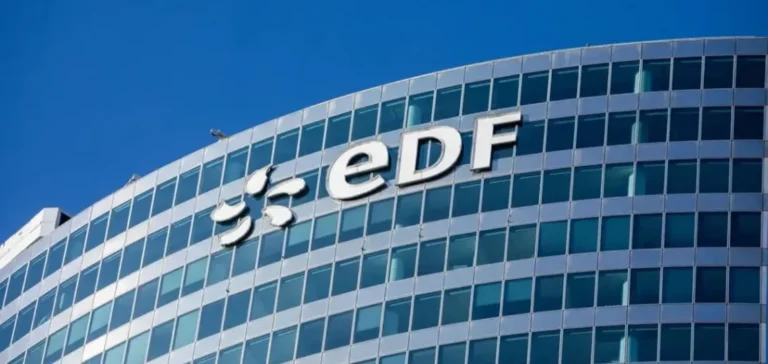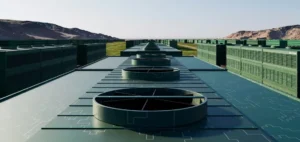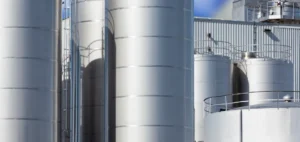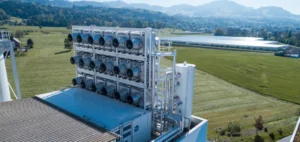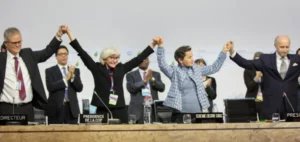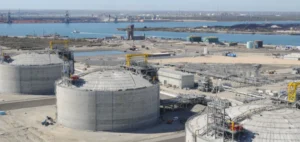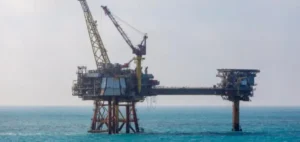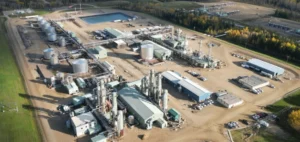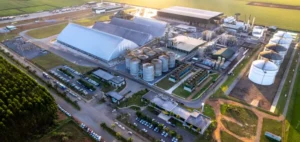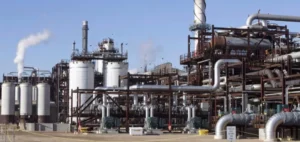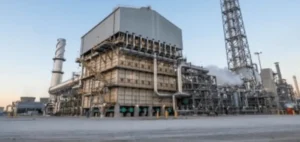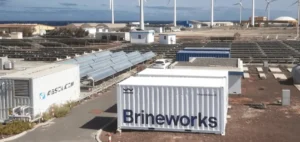Zefiro Methane Corp. confirmed it has finalised the delivery of carbon credits to EDF Trading, a major player in international energy trading and a subsidiary of Électricité de France. The operation concludes a pre-sale agreement between the two entities, initiated before the effective creation of the credits, which were generated through the plugging of orphaned oil and gas wells in North America.
First credits from the ACR orphan well methodology
These credits were generated under the American Carbon Registry (ACR) Project 959 (ACR959), the first official initiative to rely on the orphan well methodology validated by ACR. The volume delivered to EDF Trading represents a confirmed reduction of 92,956 metric tonnes of CO2 equivalent. This transaction follows an earlier delivery to Mercuria Energy America, LLC, which had also contracted for the purchase of units from the same project.
EDF Trading completed payment on August 29, securing Zefiro’s first revenues from the voluntary carbon market. These flows add to its existing revenues from plugging and abandonment services as well as methane monitoring. Mercuria, for its part, completed payment for the first tranche of a four-delivery agreement.
Institutional access to credits from plugged wells
EDF Trading indicated it entered into this agreement prior to the creation of the credits, highlighting the strategic interest in these specific units linked directly to methane reduction. According to public statements by the company, this approach provides access to high-quality credits directly associated with field operations addressing a significant source of emissions.
The credits delivered to EDF and Mercuria are the first to be recognised and commercialised under ACR’s orphan well protocol, strengthening the credibility of this new offset stream in institutional markets. Zefiro plans to expand this activity through its internal plugging and abandonment division, already active in the field.
Growth prospects tied to remediation projects
The company continues to develop remediation projects for abandoned hydrocarbon sites in the United States and Canada, aiming to increase the volume of credits eligible for ACR certification. The model is based on integrating field operations with carbon credit generation, targeting uncontrolled methane emissions in particular.
Zefiro states that institutional demand for this type of credit is increasing, especially among entities with decarbonisation goals or active in the voluntary carbon market. Deliveries to EDF Trading and Mercuria could serve as a strategic entry point for future partnerships in this market segment.


